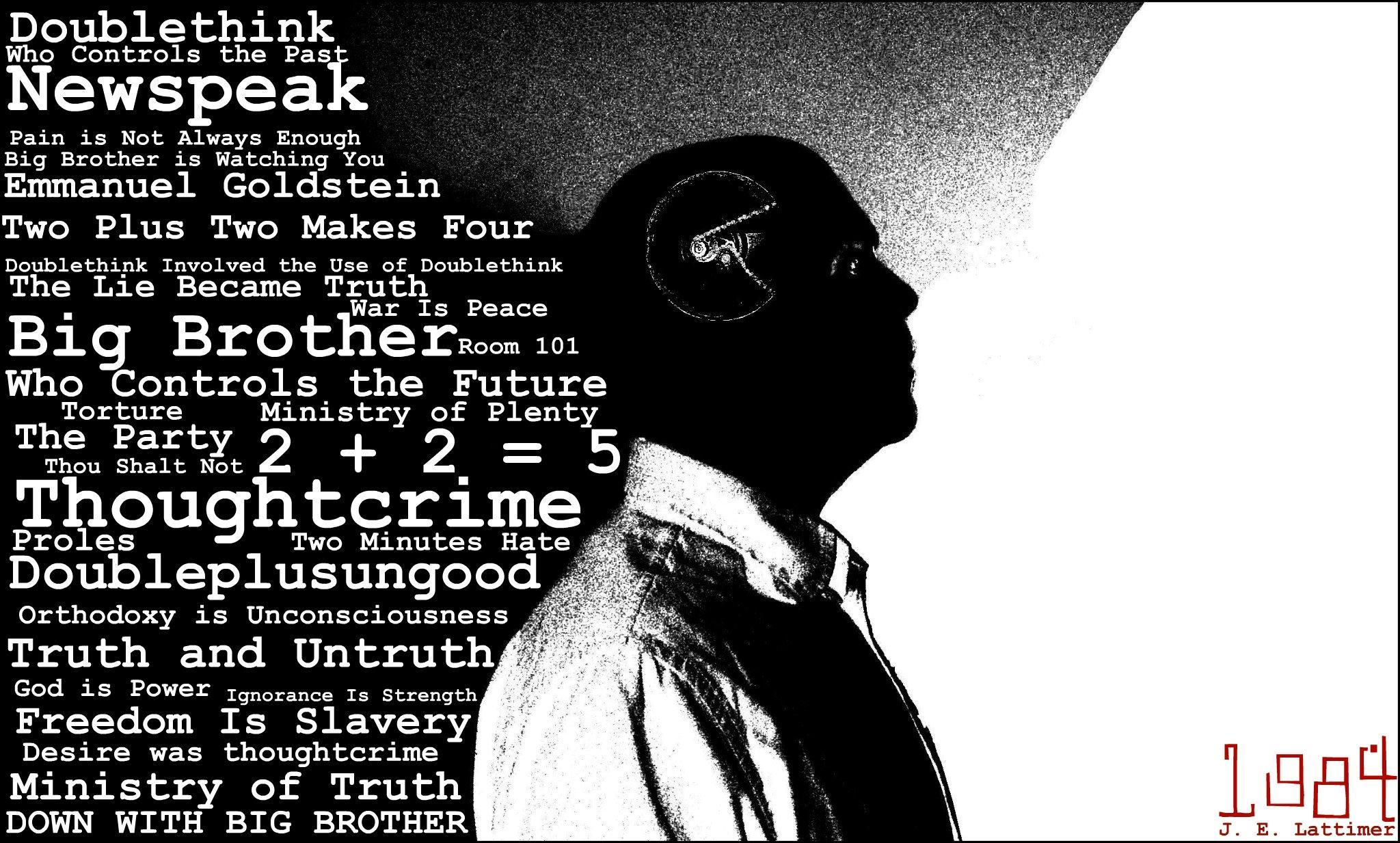"From a very early age, perhaps the age of five or six, I knew that when I grew up I should be a writer. Between the ages of about seventeen and twenty-four I tried to abandon this idea, but I did so with the consciousness that I was outraging my true nature and that sooner or later I should have to settle down and write books." Read here.
Showing posts with label George Orwell. Show all posts
Showing posts with label George Orwell. Show all posts
Monday, 24 May 2021
Saturday, 11 May 2019
REVISING GEORGE ORWELL - 5^C LINGUISTICO


George Orwell was born Eric Arthur Blair on 25 June 1903 in eastern India, the son of a British colonial civil servant. He was educated in England and, after he left Eton, joined the Indian Imperial Police in Burma, then a British colony. He resigned in 1927 and decided to become a writer. In 1928, he moved to Paris where lack of success as a writer forced him into a series of menial jobs. He described his experiences in his first book, Down and Out in Paris and London, published in 1933. He took the name George Orwell, shortly before its publication. This was followed by his first novel, Burmese Days, in 1934.
An anarchist in
the late 1920s, by the 1930s he had begun to consider himself a socialist. In
1936, he was commissioned to write an account of poverty among unemployed
miners in northern England, which resulted in The Road to Wigan Pier (1937).
Late in 1936, Orwell travelled to Spain to fight for the Republicans against
Franco's Nationalists. He was forced to flee in fear of his life from
Soviet-backed communists who were suppressing revolutionary socialist
dissenters. The experience turned him into a lifelong anti-Stalinist.
Between 1941 and
1943, Orwell worked on propaganda for the BBC. In 1943, he became literary
editor of The Tribune, a weekly left-wing magazine. By now he was a prolific
journalist, writing articles, reviews and books.
In 1945,
Orwell's Animal Farm was published. A political fable set in a
farmyard, but based on Stalin's betrayal of the Russian Revolution, it made
Orwell's name and ensured he was financially comfortable for the first time in
his life. Nineteen Eighty-Four was published four years later.
Set in an imaginary totalitarian future, the book made a deep impression, with
its title and many phrases - such as "Big Brother is watching you", "newspeak" and "doublethink" - entering popular use. By now Orwell's health was
deteriorating and he died of tuberculosis on 21 January 1950.
Labels:
5^C Linguistico,
George Orwell,
Literature,
Novels,
The Modern Age
Monday, 30 April 2018
GEORGE ORWELL'S 1984
Here you can read an article about the circumstances surrounding the writing of the novel.
Click here to read and listen to "1984" audio-book.
Here you can find a detailed analysis of the novel.
Here you can find a detailed analysis of the novel.
Labels:
1984,
George Orwell,
Literature,
Novels,
The Modern Age
Friday, 29 May 2015
GEORGE ORWELL'S ANIMAL FARM
Here you
can read George Orwell's novel, published in 1945.
Animal Farm is an allegory,
which is a story in which concrete and specific characters and situations stand
for other characters and situations so as to make a point about them. The book
reflects events leading up to the Russian
Revolution of 1917 and then on into
the Stalinist era of the Soviet
Union.
The setting of Animal
Farm is a dystopia, which is an imagined world that is
far worse than our own, as opposed to a utopia, which is an ideal place or
state. Other dystopian novels include Ray Bradbury's Fahrenheit 451, and George Orwell's own 1984.
Here you can find a detailed analysis of this
novel.
Labels:
Animal Farm,
George Orwell,
Literature,
Novels,
The Modern Age
Friday, 31 May 2013
GEORGE ORWELL
"Power is not a means, it
is an end. One does not establish a dictatorship in order to safeguard a
revolution; one makes the revolution in order to establish the
dictatorship."
George Orwell
You can download an overview of George Orwell.
His literary masterpiece Nineteen Eighty-Four is considered the definitive dystopian novel, a chilling prophecy about the future, set in a world beyond our imagining.
Labels:
1984,
Animal Farm,
George Orwell,
Literature,
Novels,
The Modern Age
Subscribe to:
Posts (Atom)


